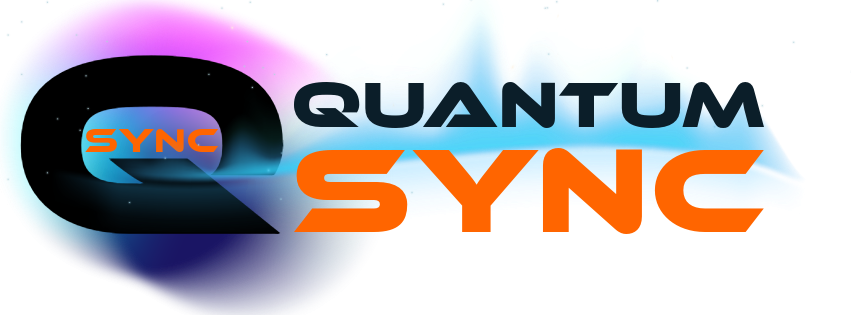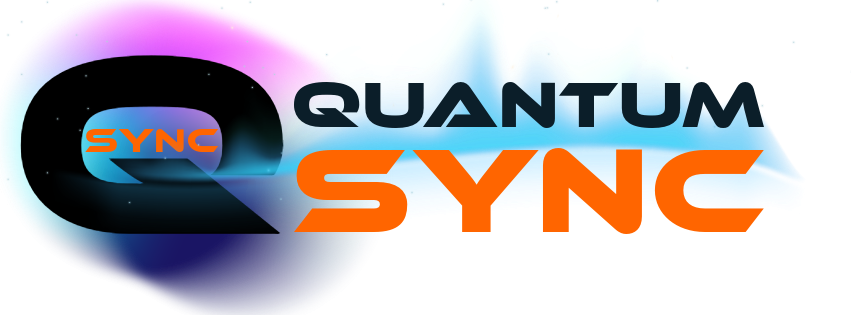Understanding Quantum Code: The Future of Computing

In the rapidly evolving world of technology, the concept of Quantum Code has been gaining significant attention. It represents a fundamental shift in how we think about computing, encryption, and information processing. But what exactly is quantum code, and why is it so important?
What is Quantum Code?
At its core, quantum code refers to programming languages, algorithms, and encryption techniques designed for quantum computers. Unlike classical computers that use bits (0s and 1s) to process information, quantum computers use quantum bits (qubits), which can exist in multiple states simultaneously thanks to the principles of superposition and entanglement.
Quantum code is specifically designed to harness the power of quantum mechanics, enabling computers to perform complex calculations exponentially faster than traditional systems. This has profound implications for industries ranging from cybersecurity to artificial intelligence.
How Does Quantum Code Work?
1. Quantum Programming Languages
Quantum computers require specialized programming languages that differ from traditional coding methods. Some of the most prominent quantum programming languages include:
- Qiskit (by IBM): An open-source Python-based framework for writing quantum programs. Learn more.
- Q# (by Microsoft): A programming language developed by Microsoft for expressing quantum algorithms, integrated with the Quantum Development Kit. Learn more.
- Cirq (by Google): A Python library for designing, simulating, and running quantum circuits on Google’s quantum processors. Learn more.
- Quipper: A functional programming language for quantum computing, designed for expressing quantum algorithms. Learn more.
- Silq: A high-level quantum programming language aimed at improving developer efficiency. Learn more.
These languages are designed to interact with quantum processors and simulate quantum states for executing complex algorithms.
2. Quantum Algorithms
Quantum code allows for the development of powerful quantum algorithms. Some of the most famous include:
- Shor’s Algorithm: Capable of efficiently factoring large numbers, potentially breaking classical encryption methods like RSA.
- Grover’s Algorithm: Speeds up search processes in unstructured databases.
- Quantum Fourier Transform (QFT): Used in various quantum applications, including cryptography and data analysis.
These algorithms showcase the immense power of quantum computing in solving problems that would take classical computers an impractical amount of time to process.
Quantum Code in Cryptography: The End of Classical Security?
One of the most revolutionary applications of quantum code is in quantum cryptography. Current encryption techniques rely on mathematical problems that are difficult for classical computers to solve. However, with quantum computing, traditional encryption methods like RSA and ECC could become obsolete.
To counter this, researchers are developing Quantum Cryptography methods such as:
- Quantum Key Distribution (QKD): A method that uses quantum mechanics to create secure communication channels.
- Post-Quantum Cryptography (PQC): Cryptographic algorithms designed to withstand quantum attacks.
This shift in cryptography will redefine digital security, ensuring safer communications and transactions in a quantum-powered world.
Applications of Quantum Code
Quantum code is still in its early stages, but it has potential applications in several fields:
- Artificial Intelligence (AI): Quantum computing can process vast amounts of data faster, enhancing machine learning and AI capabilities.
- Financial Modeling: Faster risk assessments, fraud detection, and market simulations.
- Medical Research: Simulating molecular structures for drug discovery and disease modeling.
- Climate Science: Advanced simulations to predict climate change patterns and optimize energy usage.
- Supply Chain Optimization: Enhancing logistics and reducing inefficiencies in complex supply chains.
The power of quantum computing combined with optimized quantum code will redefine industries in the near future.
Challenges in Quantum Coding
While quantum code presents exciting possibilities, there are significant challenges:
- Hardware Limitations: Quantum computers are still in their infancy, with limited stable qubits.
- Error Correction: Quantum systems are highly sensitive, requiring robust error correction techniques.
- Scalability: Quantum computers need to scale effectively to be commercially viable.
- Lack of Quantum Developers: The field of quantum programming is still growing, with a shortage of skilled quantum programmers.
Despite these challenges, companies like IBM, Google, Microsoft, and startups like Rigetti and IonQ are investing heavily in quantum research.
The Future of Quantum Code
Quantum computing is expected to reach new milestones in the coming decade. As quantum hardware advances, so will quantum code, leading to breakthroughs in computing power, encryption, and artificial intelligence.
Governments and tech giants are preparing for the quantum revolution, with many countries investing in Quantum National Strategies to ensure they remain competitive.
For developers, now is the perfect time to start learning quantum programming. Platforms like IBM Quantum Experience and Microsoft’s Quantum Development Kit provide free tools to experiment with quantum algorithms.
Quantum code is more than just a futuristic concept—it’s the foundation of a new era in computing. From breaking classical encryption to revolutionizing AI, the impact of quantum code will be felt across industries. While there are challenges ahead, the potential rewards make quantum programming one of the most exciting fields in technology today.
As we move towards the quantum age


- Creative Multimedia
- Education & Innovation
- Business & Technology
- Sustainability & Ethics
- App & IT Development
- Community & Culture
- Thought Leadership
- Event
- AI & Robotics
- Craft
- Pagina principala
- Fitness
- Free Peck
- Joc
- Tutorial
- Health
- Music
- Networking
- Alte
- Business
- Religion
- Shop
- Sport
- Wellbeing



